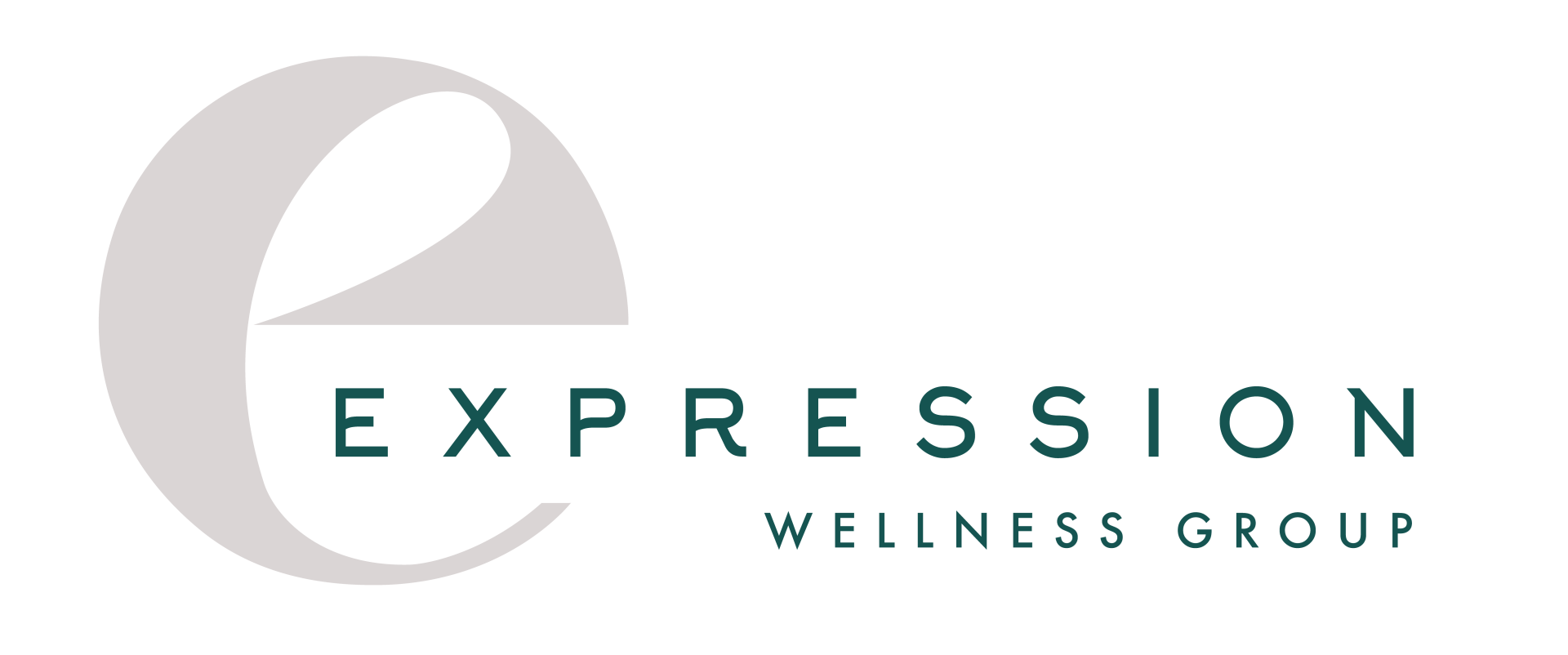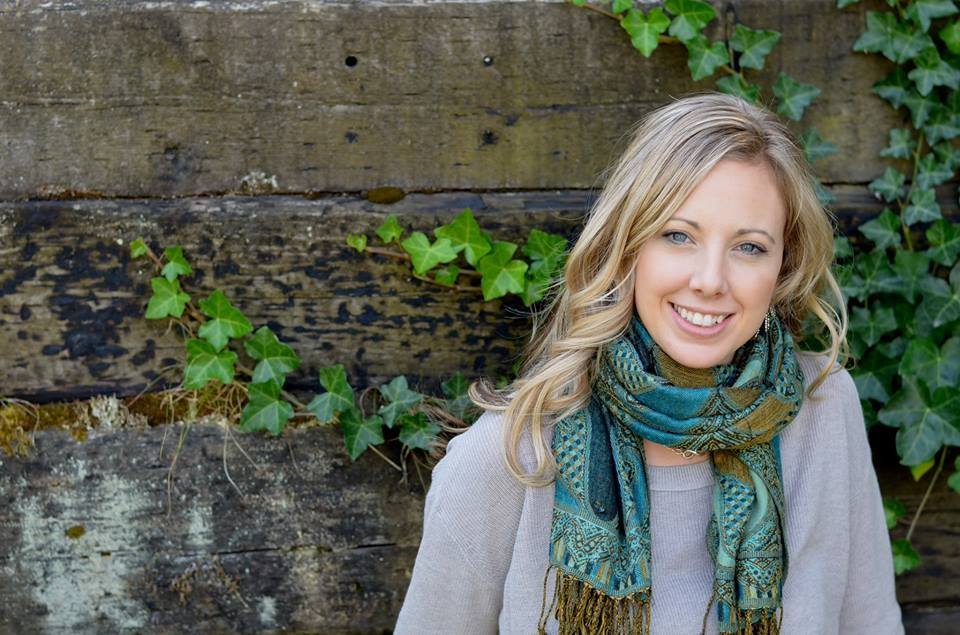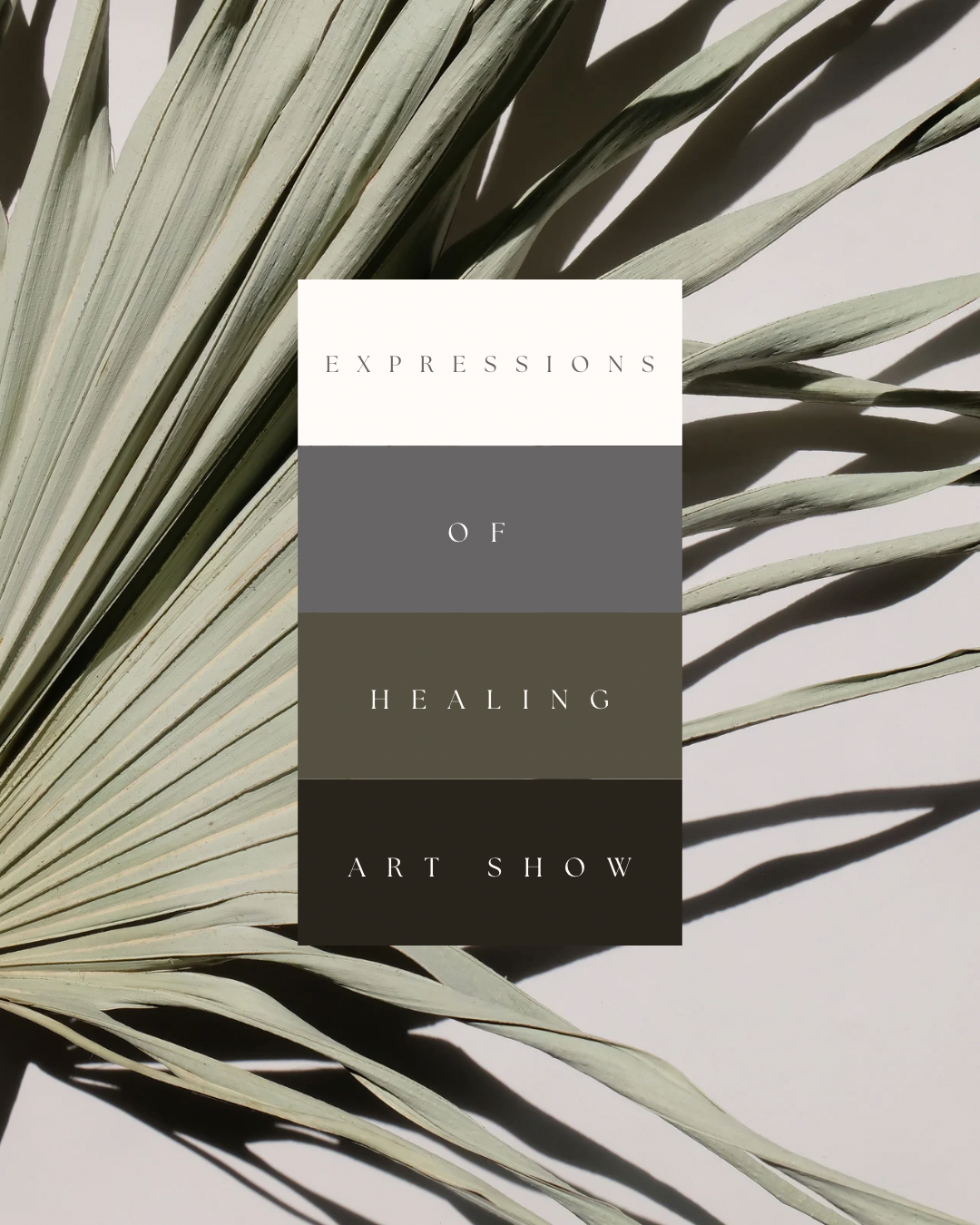I went to a training a while back, and as part of said training we watched a video on shame by a brilliant woman, Dr. Janina Fisher. Talking about shame has become more popularized by folks like Brene Brown and Oprah, but if you don’t “nerd out” by reading books and watching Ted Talks about emotional and spiritual growth (as I do) let me give you a quick run-down of the basics:
·Shame and guilt are two different emotions. Guilt, considered healthy, is the uncomfortable feeling we get when we have transgressed our own values. Perhaps we have harmed someone, or lied, perhaps not been as true to our integrity as we should have been. It is about behavior , and it pushes us to make amends and do better.
·Shame, on the other hand, is often a full-body wave of worthlessness. I personally believe it is the most painful feeling of feelings. Shame is a belief that we ourselves are somehow inherently flawed, unlovable, dirty, disgusting and generally less-than everyone else. Shame is triggered by rejection, humiliation, making mistakes, and exposure (as in, having others see our less-than self).
As a therapist, but also simply as a human, I’m relatively well-versed on the concept of shame.
But on that rainy night of training, Janina Fisher said something that literally blew… my… mind. She started with: “shame is triggered by criticism, negative feedback, mistakes…” (blah blah blah, I get it) “… and success, visibility, self-assuredness, and when we are proud and happy.” SAY WHAT??!!! Happy? Proud? Success? How could shame be at the centre of these positive experiences?
As I sifted this crazy idea through my understanding of shame, I realized how much it made sense. If one struggles with an underlying, lingering, vulnerability to shame and worthiness, then any form of exposure- even the good stuff, can be terrifying. Receive accolades, believe you’re not deserving (and, ugh, that people will find out). Enter a new and happy relationship, experience the fear of being exposed as bad or (worse) unlovable. Demonstrate pride, and fear the backlash of a culture that values humility and would accuse us of arrogance. Struggling with worthiness can permeate all facets of life, so why would our moments of greatness be exempt? In fact, these moments simply make us more vulnerable to exposure, rejection, mistakes and all things terrible that trigger shame. It’s a lot safer to keep our feet off any pedestals than risk falling off one.
So why is this news flash (and for me, profound “lightbulb moment”) important?
In grade school these days we are teaching children to name their feelings because we know that correctly naming and identifying an emotion is the first step to regulating, working with, and healing it. Otherwise, we are flying blind and very much at the whim of whatever feeling is running the show. What I’ve found is that a lot of folks are naming all sorts of feelings as anxiety, depression, and anger (to name a few) that when distilled to their purest form, end up being shame. It is particularly mystifying for people whose lives are otherwise going quite well to struggle with a general emotional malaise or desperate flood of awful feeling and not understand the source.
I challenge you to reflect. Is it possible that the root source of your own difficulties with anxiety, depression, anger, people pleasing, or control might actually be about shame? You’ll know this to be the case if worthiness and exposure are involved. Think self-sabotage, difficulties accepting compliments or praise, or gross feelings when you dare to "take up space" in the world and shine.
Healing shame is a process, and certainly not one addressed by this post. But the first, and I daresay, one of the most important steps of this process is accurately recognizing and naming it. In that alone we can experience some freedom.
As always, wishing you peace,
Christina




